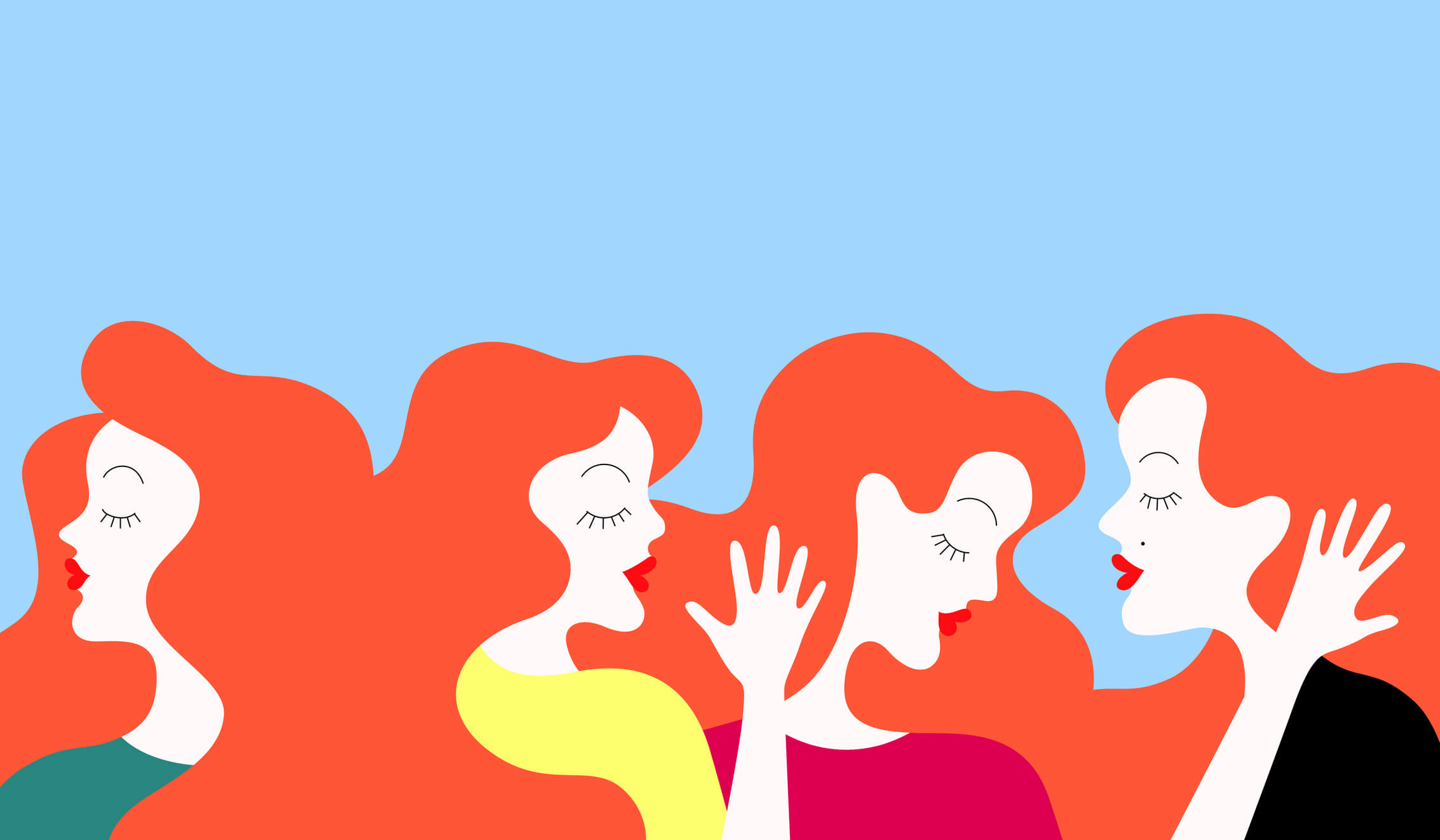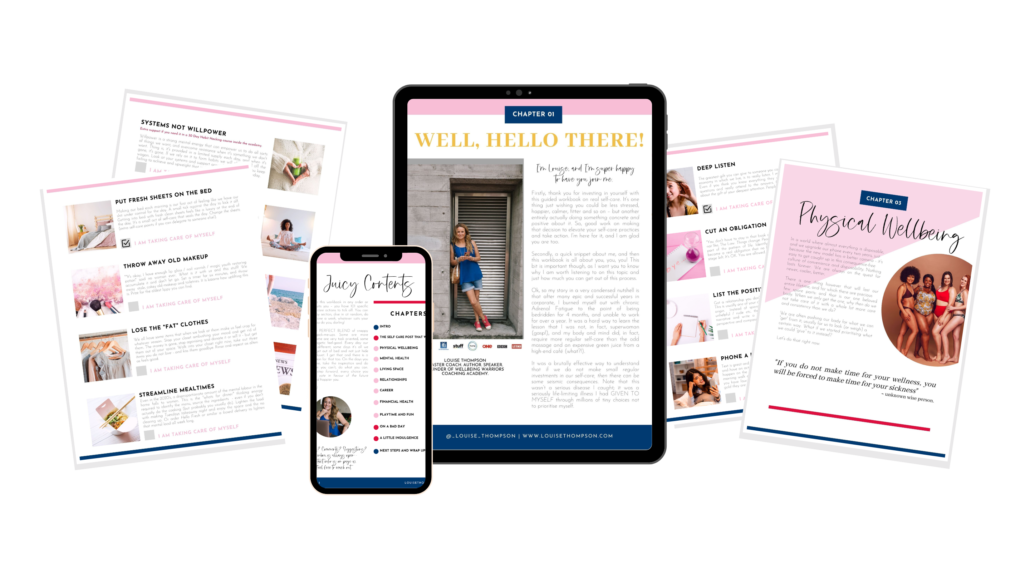Is the art of conversation dead? Please discuss.
Why is this on my mind? Well, I know what you are thinking…you are thinking I am going to bang on about social media, and how we are all too busy looking down at our phones to look up and talk with other people – and, while there is certainly some truth to that – that’s not where I am going today. What I want to talk about today is about how to have better conversations.
If we could raise the quality of our conversations we could dramatically increase the quality of our relationships and our baseline of connection and happiness.
Here’s the thing. The art of conversation is as much about listening as it is about talking. It’s as much about hearing what isn’t being said, as it is just waiting for the gap so you can ram in the thing you want to say.
A feeling state where you and the other person feel seen, and heard. It’s about feeling “got”. It’s about more than a fact exchange; it’s about creating connection and feeling understood.
There is so much talking going on these days. So much talking, but often so little actually being said. Or so little being heard. There are just too many times where you can feel like you have inadvertently bought a ticket to “The Steve Show” where you find you are playing the part of the audience, rather than co-conversationalist. It gets boring very quickly.
Conversation is about connection not just fact exchange. Good conversation is about the co- creation of a moment together not just talking at someone. You can raise the quality of the conversations you are part of by by utilising these tips.
- Be interested, as well as interesting. That means listening. You have two ears and one mouth. Use them in according proportions. Assume the other person has something of equal interest to say as you do, and start there.
- Ask follow-up questions. It’s not enough just to listen so the other person has said their thing so you can then go ahead and say your thing. Connect to them by asking a follow-up question or comment on what they said before you launch into your thing. A simple “Wow, that sounds tricky, tell me more about how you handled that?” or “I would never have expected that! How did that feel for you?” makes the other person feel heard, and generously let them hold the conversational ball for a little longer.
- Non-verbal cues are a huge part of effective and connecting conversation. Nodding. Smiling. Frowning. Uh-huhing. They are cues that say, “I’m with you. I‘m listening. Go on”. Don’t underestimate their impact on raising the quality of a conversation. Use liberally.
- We call it the ART of conversation. Not the science of conversation. There is meant to be a beauty, a flow, a finesse to it. It’s meant to create a feeling state. It’s not just a fact dump. Conversation can be so much more. Just changing your tone when you deliver a fact or a comment can elevate the conversation from the mundane to the loving or the compassionate.
- Silence can be golden. The pauses in a conversation don’t have to be awkward. It can be the ultimate sign of comfort and confidence to hold silence with someone. Companionable silence can be reverential and valuable. The micro pauses between the notes are what makes music, music; without them, it would be just noise. It’s the pauses that make music art. The same with conversation. Don’t be afraid of the silence. Some people need a little longer to process and gather their thoughts – honouring that with relaxed silence can be a huge conversational gift.
The art of great conversation can be so powerful that one the effects of one conversation can resonate and reverberate for decades. For good. Or for ill. Take it from audience to genuine connection. Elevate from facts to feeling. Listen hard. Talk less. Say more. Feel heard. Genuinely connect.



